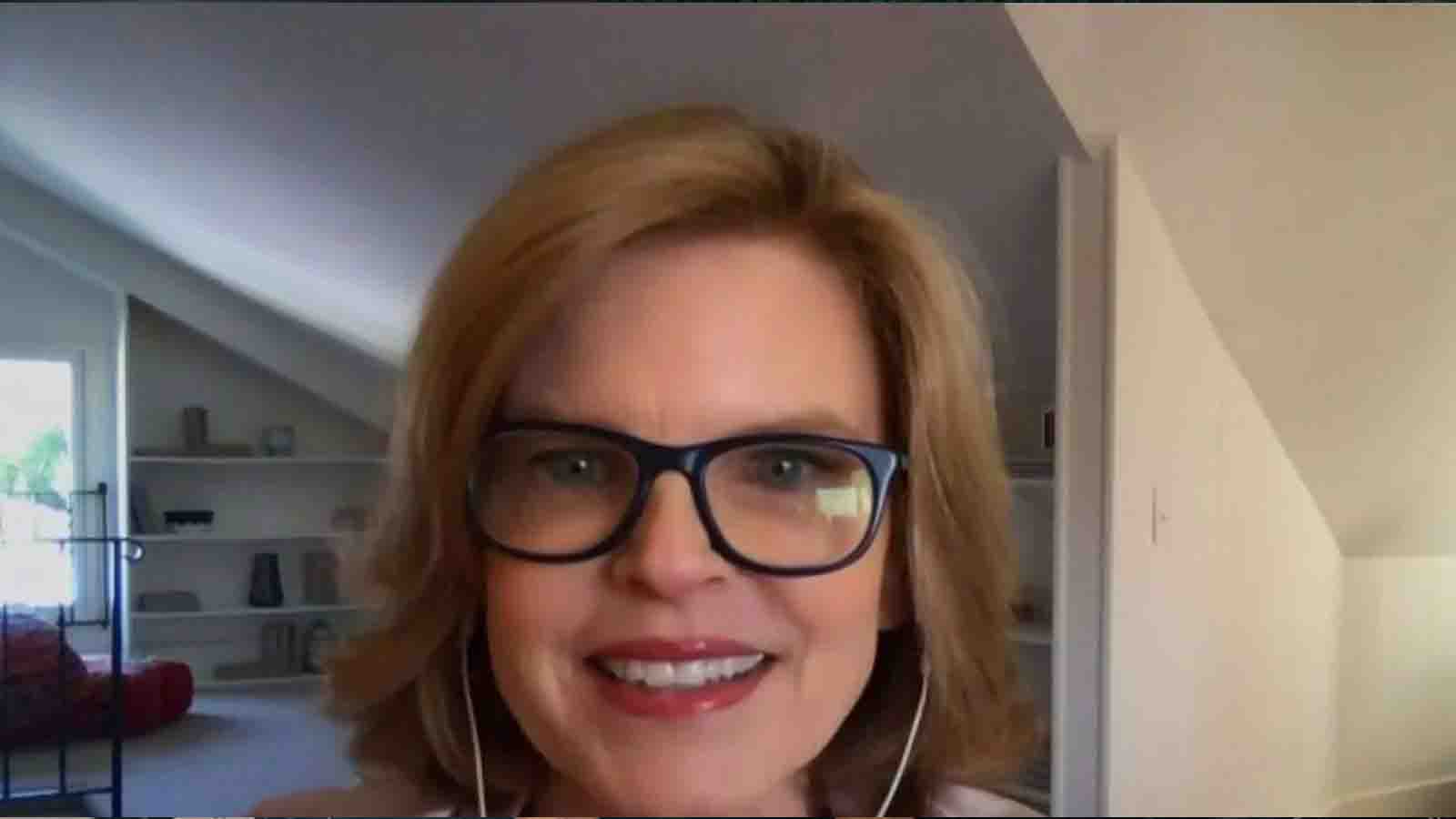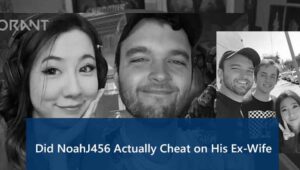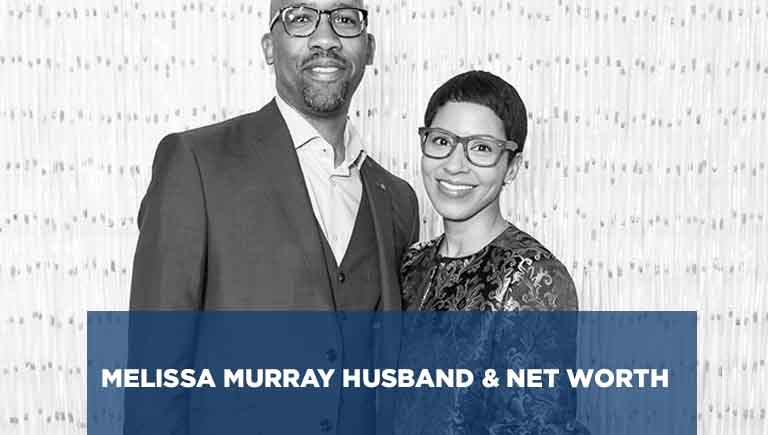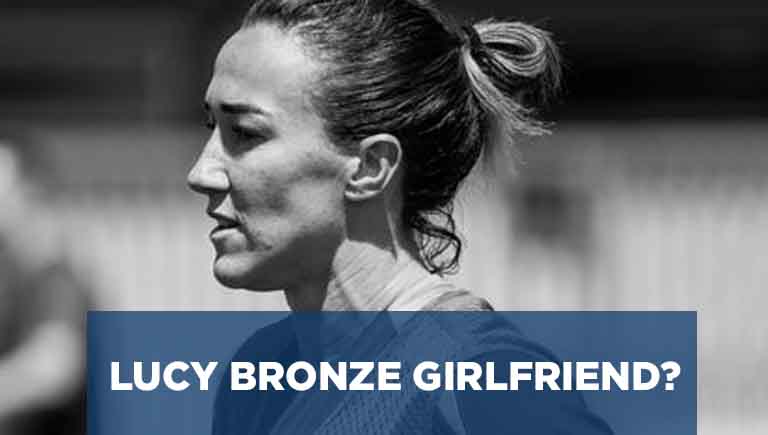Caitlin Flanagan, an esteemed American writer and social critic known for her insightful exploration of domestic life and societal norms, holds a unique position in contemporary cultural commentary. Since joining The Atlantic in February 2001, Flanagan has delved into topics ranging from the intricacies of family dynamics to the roles of modern women, earning acclaim for her nuanced and empathetic approach. Her work, including notable pieces like “To Hell With All That,” reflects a deep understanding of the challenges and triumphs faced by individuals against the backdrop of broader societal expectations.
Summary Table
| Aspect | Details |
|---|---|
| Religion | Catholic |
| Family’s Faith | Children raised in Presbyterianism |
| Ethnicity | White |
| Notable Work | Contributor to The Atlantic, Author of “To Hell With All That” |
Caitlin Flanagan’s Catholic Faith
Caitlin Flanagan is openly Catholic, a fact she has humorously highlighted on social media platforms like Twitter, where she has pointed out the differences between Catholics and other Christian denominations. Despite her personal adherence to Catholicism, Flanagan has made the intriguing choice to raise her children in the Presbyterian faith, aligning with her husband’s religious beliefs. This decision underscores the complexity and adaptability of religious identity within family life, demonstrating Flanagan’s respect for her husband’s faith and her openness to embracing diverse religious perspectives.
Flanagan’s approach to religion and family showcases the fluidity of faith traditions within households. By choosing to raise her children as Presbyterians while maintaining her Catholic practices, Flanagan illustrates the potential for families to blend different religious beliefs and traditions harmoniously. This aspect of her life adds depth to her persona, offering a glimpse into the personal experiences that inform her writings on cultural and societal dynamics.
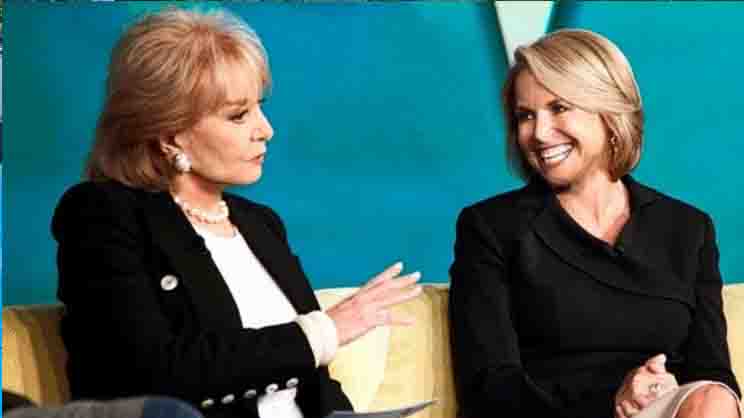
Family Ethnicity and Background
Caitlin Flanagan’s ethnicity is classified as White, a broad category that encompasses a diverse range of ancestries and cultural backgrounds. While this designation provides a basic understanding of her heritage, it merely scratches the surface of her family’s rich history. Like many Americans, Flanagan’s ancestry likely includes a mix of European origins, which could influence the cultural traditions and values passed down through generations.
Understanding Flanagan’s ethnicity and background offers insight into the multifaceted nature of identity, which is shaped not only by race but also by a confluence of personal beliefs, cultural practices, and family traditions. Her White ethnicity may inform certain aspects of her life, but it is her individual experiences, coupled with her professional insights into American society, that truly define her identity.
The Intricacies of Religion, Ethnicity, and Family Life
Caitlin Flanagan’s life and work present a compelling exploration of the intersections between religion, ethnicity, and family dynamics. Her Catholic faith, decision to embrace her husband’s Presbyterianism for their children, and White ethnicity contribute to a nuanced understanding of identity in the contemporary world. Flanagan’s ability to navigate these complexities with grace and humor enhances her role as a commentator on the evolving nature of domestic and societal norms.
Her writings, informed by personal experience and keen observation, offer valuable perspectives on the challenges and opportunities faced by individuals as they navigate the interplay between personal beliefs and broader cultural expectations. Flanagan’s story underscores the importance of recognizing and respecting the diverse paths that shape our identities and the ways in which family, faith, and heritage intersect to inform our understanding of the world.
Flanagan’s choice to raise her children in a faith different from her own, while continuing to practice Catholicism personally, exemplifies the complexity of navigating religious identity within the context of family life. This decision not only demonstrates respect for her husband’s religious background but also a commitment to fostering an environment of religious diversity and understanding within her family. Such choices reflect broader societal trends towards interfaith dialogue and the blending of cultural traditions, highlighting the evolving nature of religious practice and belief in contemporary society.
Moreover, Caitlin Flanagan’s work often touches upon the intersections of gender, family, and societal expectations, providing critical insights into the pressures and contradictions faced by women in modern society. Her exploration of these themes through both a personal and analytical lens offers readers a nuanced perspective on the challenges of balancing personal identity, family responsibilities, and professional ambitions. Flanagan’s ability to articulate these complex dynamics with empathy and clarity resonates with a wide audience, making her contributions to public discourse both valuable and impactful.
ALSO READ: Natalie Nunn Sister: Full Family Details
The Role of Ethnicity and Cultural Background
While Flanagan’s ethnicity is described as White, this broad categorization belies the rich tapestry of cultural influences that shape her identity and worldview. The acknowledgment of her White ethnicity serves as a starting point for understanding the layered and multifaceted nature of her family heritage. In the United States, where ethnic and cultural identities are incredibly diverse, the stories and traditions passed down through generations play a significant role in shaping individuals’ perspectives and values. Flanagan’s own background, with its potential mix of European ancestries, adds another layer of complexity to her identity, influencing her insights into American culture and societal norms.
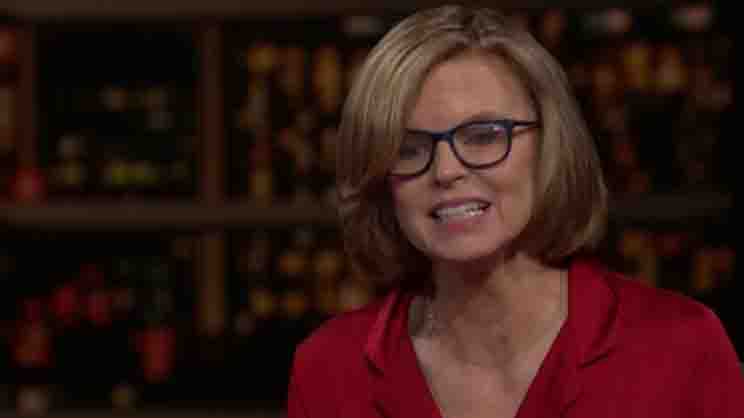
Insights into Domestic Life and Societal Norms
Caitlin Flanagan’s writings offer a window into the nuanced realities of domestic life and the evolving roles of women within it. By drawing on her personal experiences as well as her observations of societal trends, Flanagan addresses topics that resonate deeply with many individuals navigating the challenges of contemporary life. Her discussions on marriage, parenting, and work-life balance reflect the ongoing debates surrounding gender roles and family dynamics in modern society. Through her work, Flanagan encourages readers to reflect on their own beliefs and practices, fostering a deeper understanding of the ways in which personal and societal factors intersect.
Conclusion
Caitlin Flanagan’s exploration of her Catholic faith, her family’s Presbyterian practices, and her White ethnicity provides a compelling lens through which to examine broader themes of identity, belief, and cultural heritage. Her writings, enriched by her personal experiences, offer valuable insights into the complexities of modern life, challenging readers to consider the diverse influences that shape our understanding of ourselves and the world around us. As a commentator on cultural and societal norms, Flanagan’s work stands as a testament to the power of personal narrative in illuminating the multifaceted nature of human experience.
In sum, Caitlin Flanagan’s contributions to cultural discourse, grounded in her unique blend of personal history and professional insight, continue to engage and inspire readers. By navigating the intricacies of religion, family, and ethnicity with openness and humor, Flanagan not only enriches the public conversation but also highlights the importance of empathy and understanding in addressing the challenges of contemporary society.
ALSO READ: Kris Claver Death: What Happened To Her?

